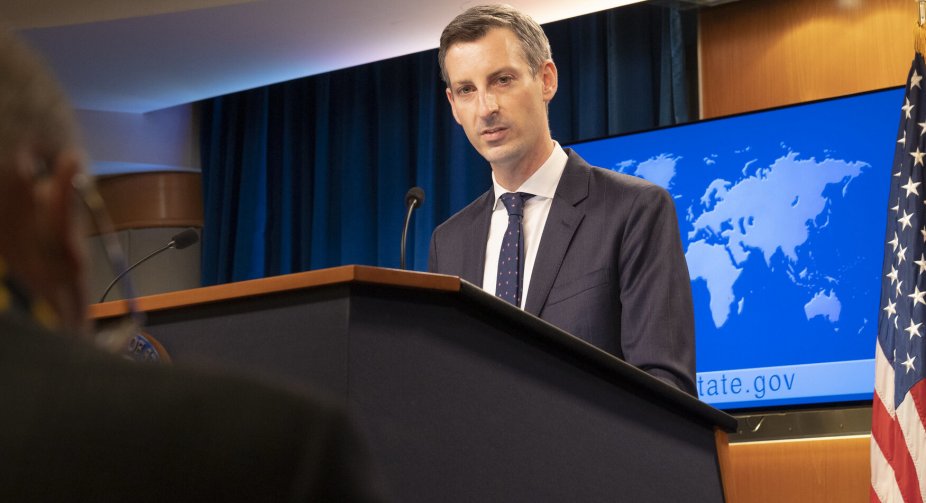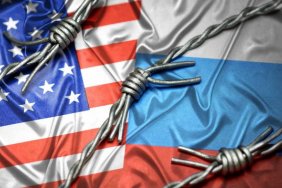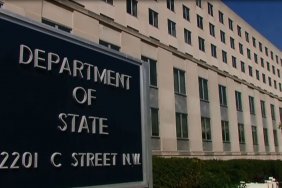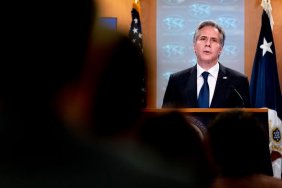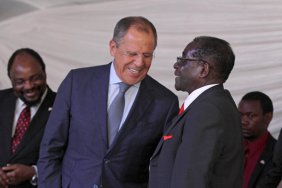For diplomacy and dialogue to be successful, they must take place in the context of a de-escalation of the situation around Ukraine. But as of today, this has not been seen from the Russian side. U.S. State Department spokesman Ned Price said this during a briefing on Monday.
"We took note of his comments. What we haven't seen are signs of de-escalation. No tangible, real signs of de-escalation that we've seen. We've been consistent that we want to go down the path of diplomacy. We want to resolve this through dialogue, through diplomacy, through communication. We hope that the Russians have the same willingness. But we - we've also said that for diplomacy and dialogue to be successful, they have to happen in the context of de-escalation. And we haven't seen anything like de-escalation," he said, commenting on Russian Foreign Minister Sergei Lavrov's statements.
He said that if the Foreign Minister's comments were followed by concrete, tangible signs of de-escalation, the U.S. would certainly welcome such steps. However, the U.S. State Department doesn't see them yet.
On the previous day, Moscow declared its readiness to continue negotiations with Western countries regarding so-called "security guarantees" and de-escalation around Ukraine.
For example, Russian Foreign Minister Sergey Lavrov said at a meeting with Russian President Vladimir Putin that there is still a chance of an agreement.
